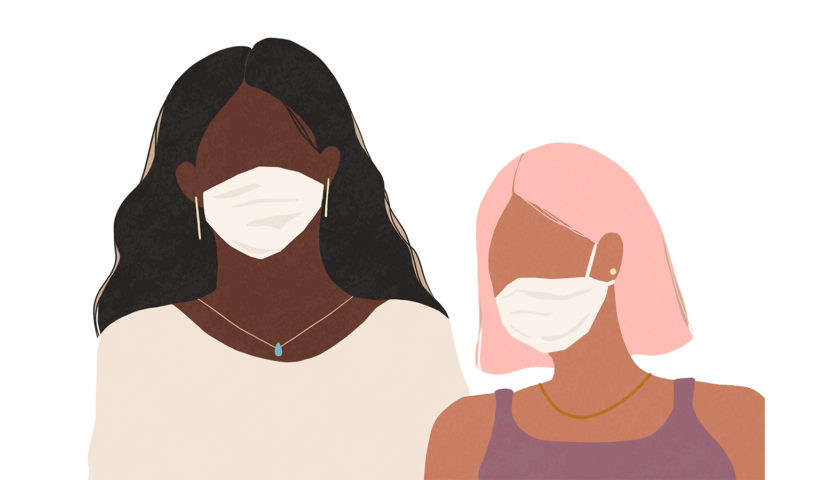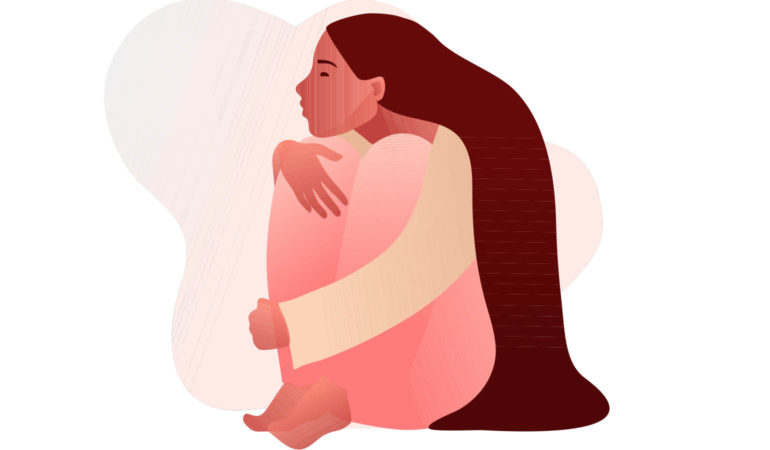September / October 2021 Volume 20, No. 5
The Motivation Behind Problematic Online Gaming
A portion of the U.S. population is choosing online games as a form of recreation and, consequently, develop unhealthy preoccupations with activities on the internet. Survey results released from the Pew Research Center reveal American adults and youth are choosing computer games as a form of recreation at rates between 48% and 77% (Duggan, 2015). [...]
Read MoreJuly / August 2021 Volume 20, No. 4
Relationship Rebalancing: A New Framework for Effective Communication
In 2020, life as we knew it was turned upside down by COVID-19. Everyone, worldwide, has felt at least somewhat off balance. Relationships have been especially impacted as the sense of normalcy, established routines, rituals, and reasonable certainty about the future were disrupted The equilibrium that allowed people to feel stable and connected to others [...]
Read MoreJuly / August 2021 Volume 20, No. 4
In Defense of (Very) Long-term Therapy
The truth may be that time, and lots of it, is a necessary condition for the healing of broad and very deep wounds from childhood. Time may be such an essential part of the therapeutic process for these particular clients that it needs to be understood in an entirely new way—particularly when much of what [...]
Read MoreJuly / August 2021 Volume 20, No. 4
Couple Connectedness and COVID-19
Relational problems exacerbated by COVID-19: The COVID-19 pandemic has resulted in unprecedented global morbidity and mortality, with mental health effects being an increasing concern, and specific threats within the family context (Prime & Wade, 2020). During the pandemic, challenges related to social disruption, such as financial instability, caregiving pressure, and confinement-related stress, pose a serious [...]
Read MoreMay / June 2021 Volume 20, No. 3
Teaching Clients How to Argue Properly with the Use of Reflective Listening: A Worksheet
Picture this … a couple in your office is arguing. One starts to dominate the session with a filibuster onslaught, berating the other partner, because you waited a hair too long to interject while observing their negative interaction pattern. Now you’re scrambling to take back control of the room. . Sound familiar? After witnessing my [...]
Read MoreMay / June 2021 Volume 20, No. 3
Integrative Approaches to Play Therapy
Symptoms of ADHD may be diminished using the Gottman Method when integrated with Reality Play Therapy (RePT) and/or Circus Arts Therapy fitness and play therapy program (CAT). While participating in play therapy, the therapist may utilize questioning methods from the Gottman Sound Relationship House’s (SRH; Gottman & Silver, 2015) seven phases in supporting parents and [...]
Read MoreMay / June 2021 Volume 20, No. 3
Equity and e-Learning for Children: Therapists as Advocates
Marcus, a 49-year-old widower and a single parent, was referred to therapy because he was concerned that his 10-year-old son, Edwin, and 13-year-old daughter, Bita, lagged behind academically during Spring 2020 distance learning. Marcus works two jobs and cannot be available to help his children stay on task with schoolwork due to his work schedule. [...]
Read MoreMay / June 2021 Volume 20, No. 3
Arthritis and Family Dynamics
The Centers for Disease Control and Prevention (CDC, 2018) in a recent survey found that approximately 54.4 million people in the United States had been diagnosed with an arthritis related disease by a physician. Doctors focus on the individual patient when managing a chronic illness, but a diagnosis of a chronic illness reaches further than [...]
Read MoreMarch / April 2021 Volume 20, No.2
Rewriting the Script: How Therapists and Parents Can Use the Problematic Messages in Media to Strengthen Families
The smell of popcorn in the air, the sound of candy boxes shaking, and the excitement of watching the most anticipated film of the year; it’s no surprise the global box office revenue hit $42.5 billion in 2019 (McClintock, 2020). From Blockbuster to Netflix, families around the world have used movies as a way to [...]
Read MoreJanuary / February 2021 Volume 20, No. 1
Combining Contemplative Psychotherapy and Family Therapy
As a contemplative therapist in training, like many other psychotherapists, my home base is a humanistic and strengths-based approach, which is a synthesis of many western and eastern approaches. From western psychology and psychotherapy, it draws from humanistic psychology, Freud’s psychoanalytic theory, Jungian analytical theory, Rogerian person-centered therapy, and positive psychology. From the eastern traditions, [...]
Read More








